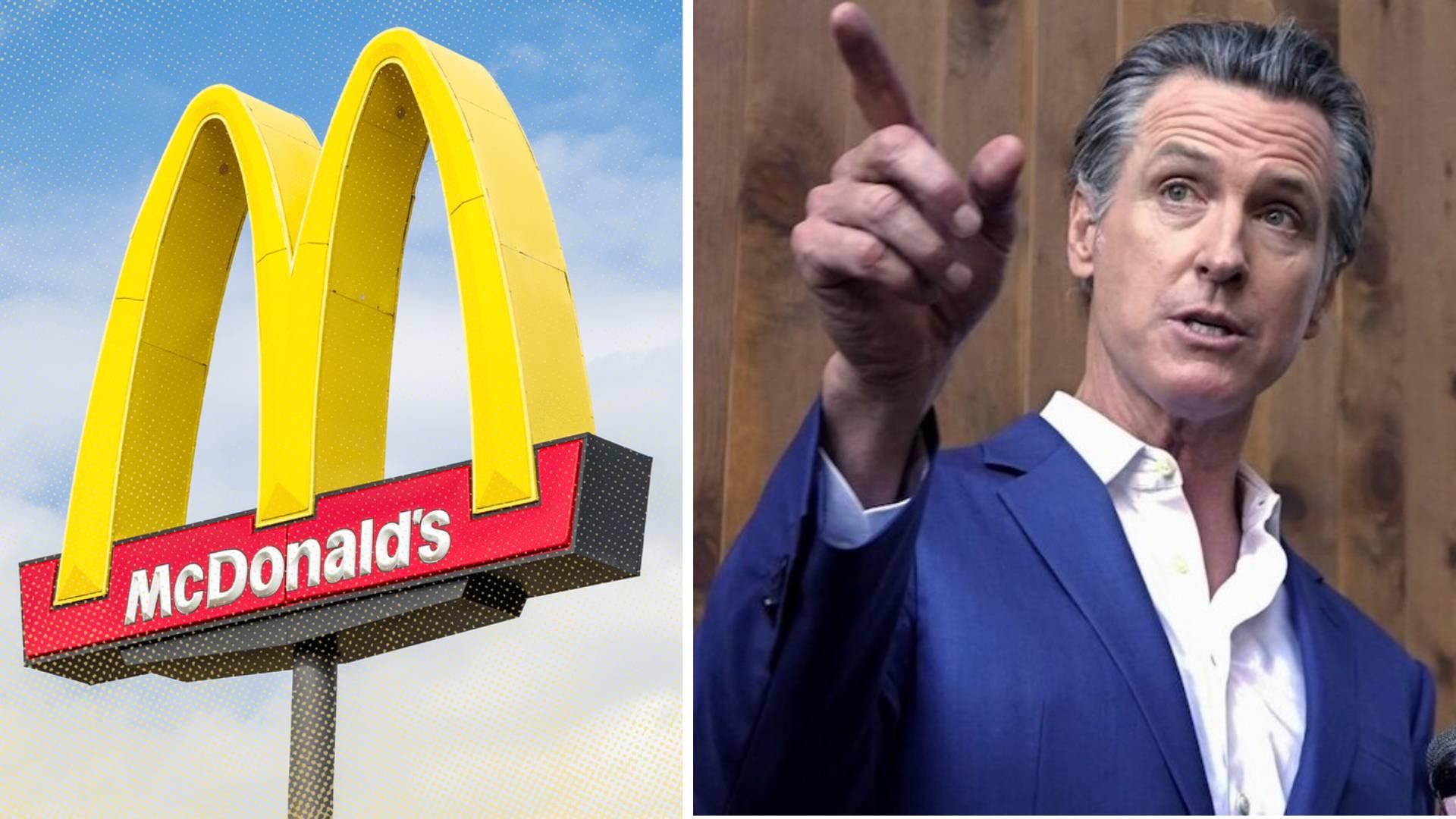In California, fast-food franchise owners are upset about a new bill that’s on the governor’s table. It’s the newly passed AB 1228 legislation that seems to change the way franchises are run.
Recently, newsmen have discovered what McDonald’s top executives have secretly been saying about the bill. In an internal memo that was sent to its U.S. restaurant system, stakeholders of the franchise registered their displeasure at the bill and vowed to oppose its implementation.
When (or if) the bill is signed into law, its provisions will raise the hourly minimum wage of fast-food workers to $20. This change will affect restaurants with more than 60 outlets nationwide, with the exception of restaurants that make and sell their own bread (such as bakeries and restaurants located in grocery stores).
The bill will also create a 10-person council to oversee fast-food chains, including setting its wages and working conditions guidelines. This council will “ensure and maintain the health, safety, and welfare of, and to supply the necessary cost of proper living to fast food restaurant workers.”
McDonald’s, in the internal message, complained that new provisions were introduced into the final version of the bill that were not in the initial version, which it also regarded as “harmful” to business. The bill’s provisions were borne out of an agreement reached between union and industry officials with the participation of the governor’s office.
The alleged changes to the initial bill were highlighted to include the provision to prevent franchisors and franchisees from facing joint liability. The message also alleges that the bill sets stricter boundaries on the authority of the Fast Food Council by doing away with the AB 257 — another bill that provided for a more powerful Fast Food Council.
If the bill is signed, national fast-food corporations will become legally liable for internal decisions that used to be the preserve of local owners. These decisions include personnel and employment decisions. Consequently, these corporations will be forced to take up more control of franchised restaurants.
According to Jay Hazari, owner and operator of 9 McDonald’s franchised restaurants in Sacramento, this new regulation will threaten the smooth running of his 19-year-old franchise journey. He believes that local owners should be in-charge of “operating decisions including hiring, employee wages, scheduling, benefits and workplace standards.”
While calling the new changes “unfair,” Hazari, an immigrant from India, added that taking independence from franchisees will affect the essence of their business. “I prize the independence and autonomy of my business. That independence was central to my decision to become a franchisee,” he said.
McDonald’s believes that AB 1228 will increase the costs of operating California’s franchises which currently boasts over 1,300 locations and over 70,000 employees.
McDonald’s internal message revealed that it had worked during the past 12 months to resist the changes it believes will be harmful to its business model. These efforts include strengthening its political engagement and collaborating with other brands to form a stronger resistance. This fight is crucial for the brand because the success of the bill will motivate other states to take similar actions.


















